Despite the fact that the calendar doesn’t actually turn over until January, September always feels like the start of a new year to me. Perhaps a holdover from the school year always starting in September?
When cruising, September has always been a time for planning ahead: what do we think we want to do next? And then, investigating to see if, indeed, we really want to do what we think we want to do. Nine times out of ten, a bit of investigation has us all gung-ho on our next plans. But every so often, we discover some realities that have us saying “maybe not.”
We start, of course, with a few ideas, gleaned from magazine articles, Facebook posts, or conversations with other cruisers. Maybe even an ad. However we got the idea, it caught our fancy.
From there, we seek out some more articles, and perhaps even join a Facebook group or two for cruisers in that area. We’ll check out Noonsite and, if appropriate, Jimmy Cornell’s World Cruising Routes. And we’ll get a cruising guide for the area and start combing through it.
We’re not trying to come up with an itinerary at this point. Instead, we’re looking to find both the good and the bad of going to this area. It’s easy to get all caught up in the wonder of a particular area, but it’s important to learn about the potential drawbacks as well.
Then comes the important part: thinking long and hard about the potential drawbacks. Would they outweigh the good times? What could we do to mitigate the potential problems?
Many times, just knowing about them was enough to lessen our disappointment. I’ve always found it easier to deal with a less-than-perfect situation if I’m expecting it. If I’m anticipating a boisterous sail, or challenging anchoring, it doesn’t take me by surprise. Ditto with a lack of internet or poor provisioning.
If I know about them in advance, somehow it becomes part of the adventure. And so the research part of planning ahead takes on added importance. Not to have everything planned where there is no spontaneity but to have realistic expectations and whatever we’ll need to cope with the likely conditions. What can we do ahead of time to make the challenges easier?
For example, when we decided to make an early season trip up the ICW, we learned that it was likely to be cold. No, not “likely to be cold.” It would be cold. And so we bought some good cold-weather clothing and built a cockpit enclosure. Read more here. We’d be standing at the helm for long periods; we got an anti-fatigue mat to make it easier on our legs. We learned about Bob423’s tracks in areas prone to shoaling and learned to use them with Aqua Map. Due to Covid, we didn’t make the trip but we did make plans for the potential deal breakers.
Planning ahead made a potentially awful trip into one that was considerably more comfortable.

Quickly find anchorages, services, bridges, and more with our topic-focused, easy-to-use waterproof guides. Covering the ICW, Bahamas, Florida, and Chesapeake.
Explore All Guides

Carolyn Shearlock has lived aboard full-time for 17 years, splitting her time between a Tayana 37 monohull and a Gemini 105 catamaran. She’s cruised over 14,000 miles, from Pacific Mexico and Central America to Florida and the Bahamas, gaining firsthand experience with the joys and challenges of life on the water.
Through The Boat Galley, Carolyn has helped thousands of people explore, prepare for, and enjoy life afloat. She shares her expertise as an instructor at Cruisers University, in leading boating publications, and through her bestselling book, The Boat Galley Cookbook. She is passionate about helping others embark on their liveaboard journey—making life on the water simpler, safer, and more enjoyable.



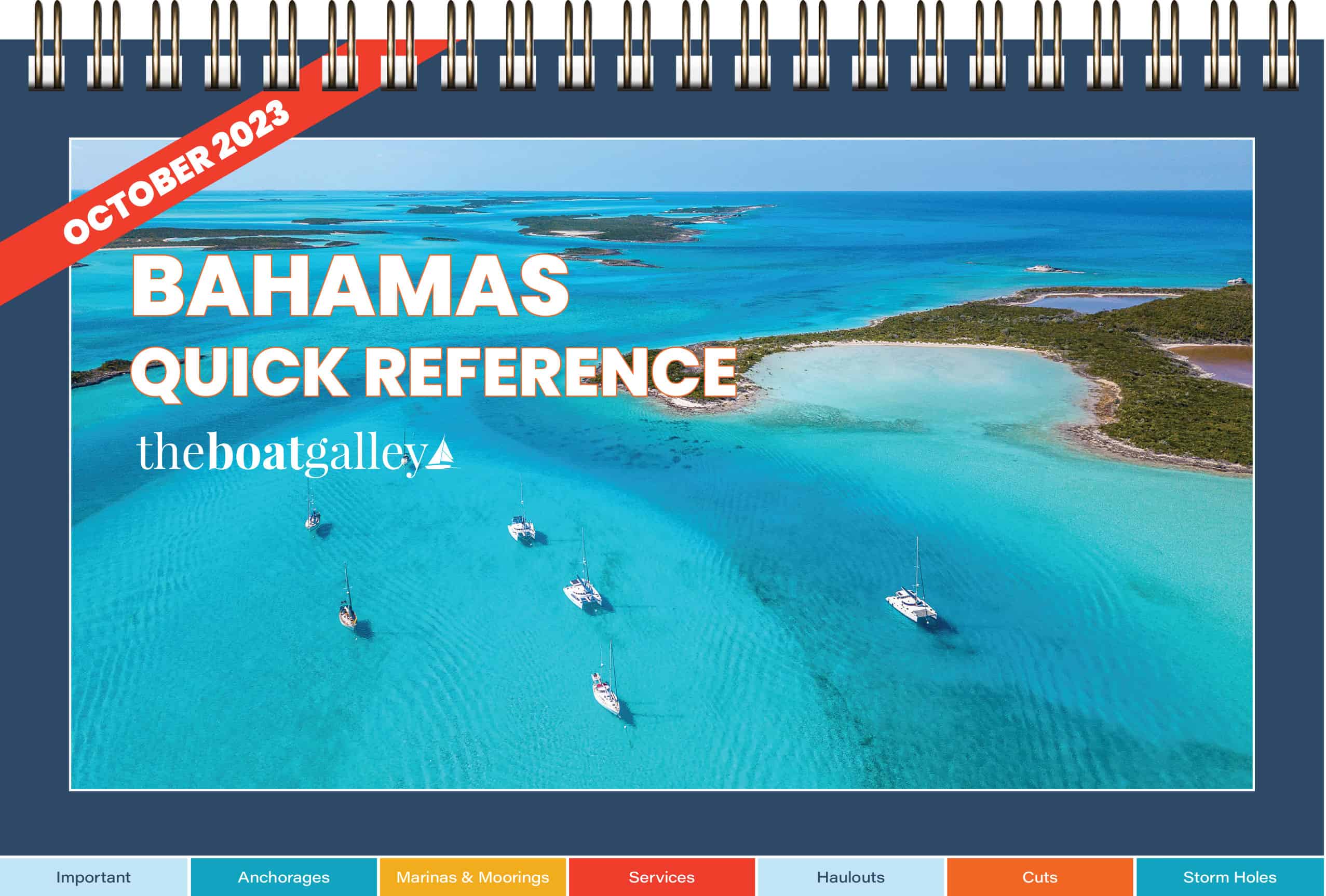
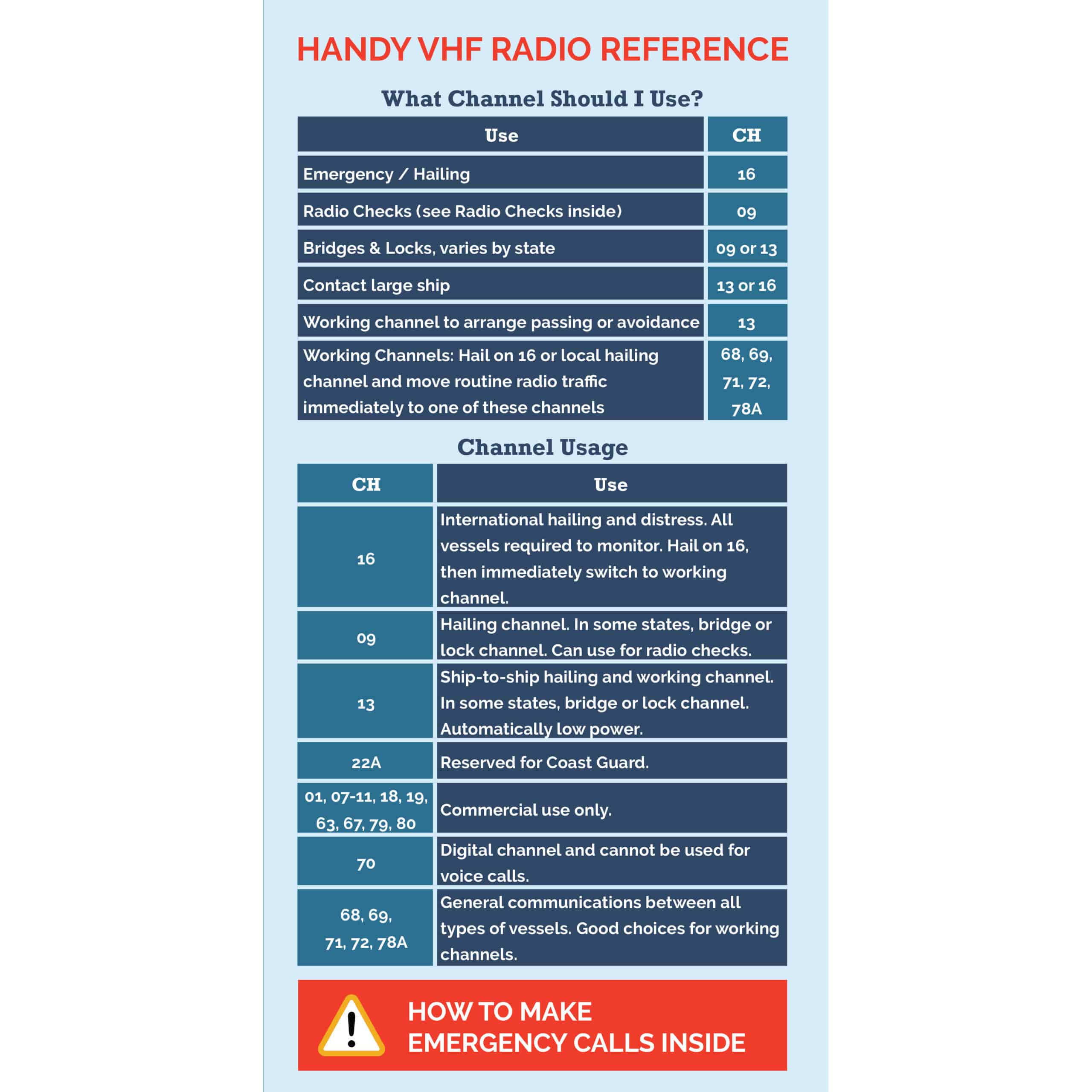
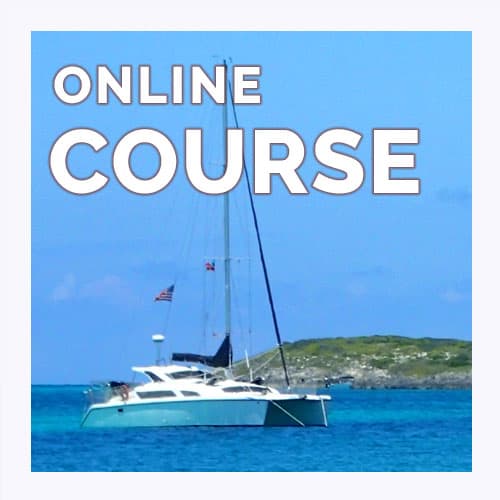


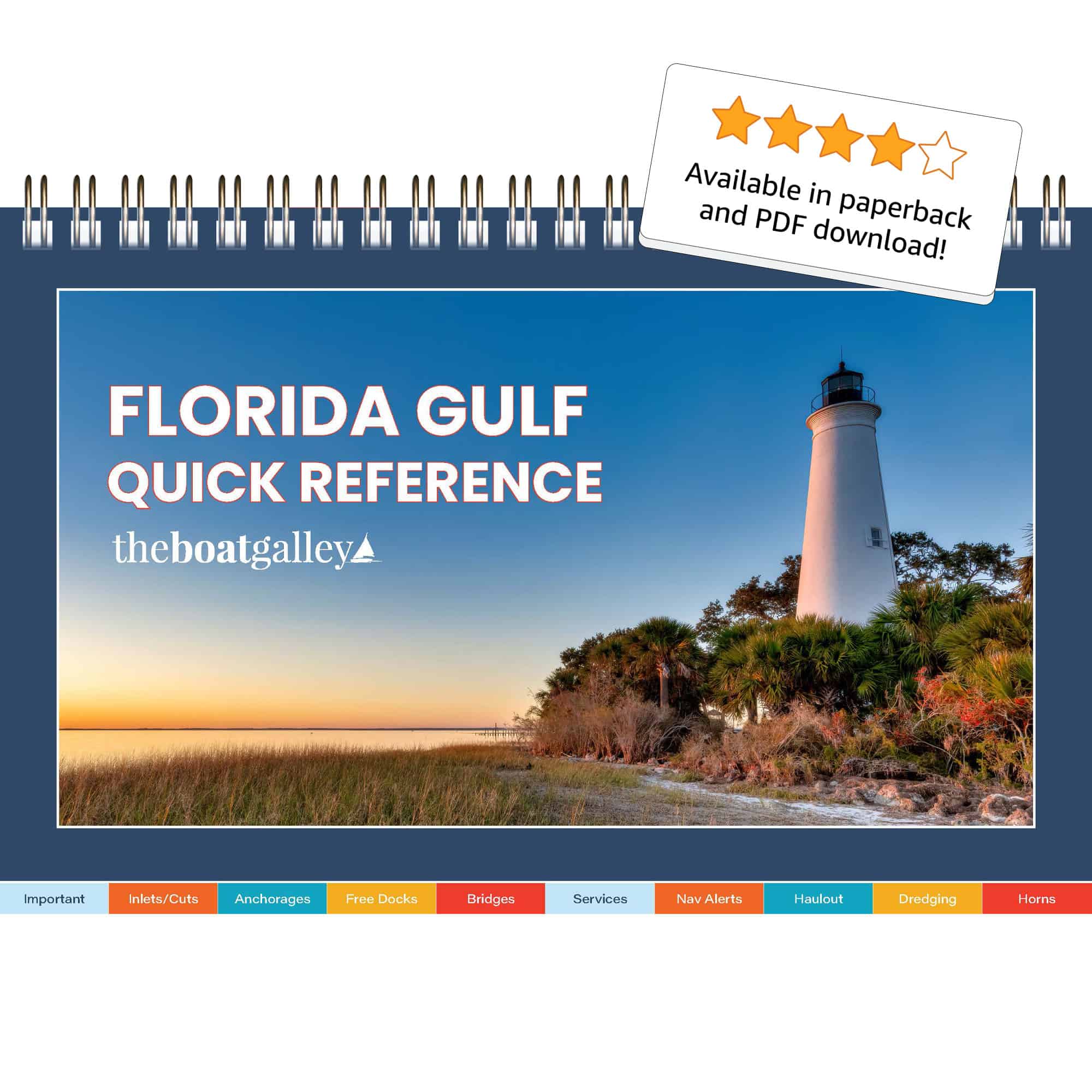
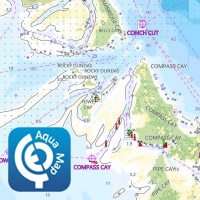
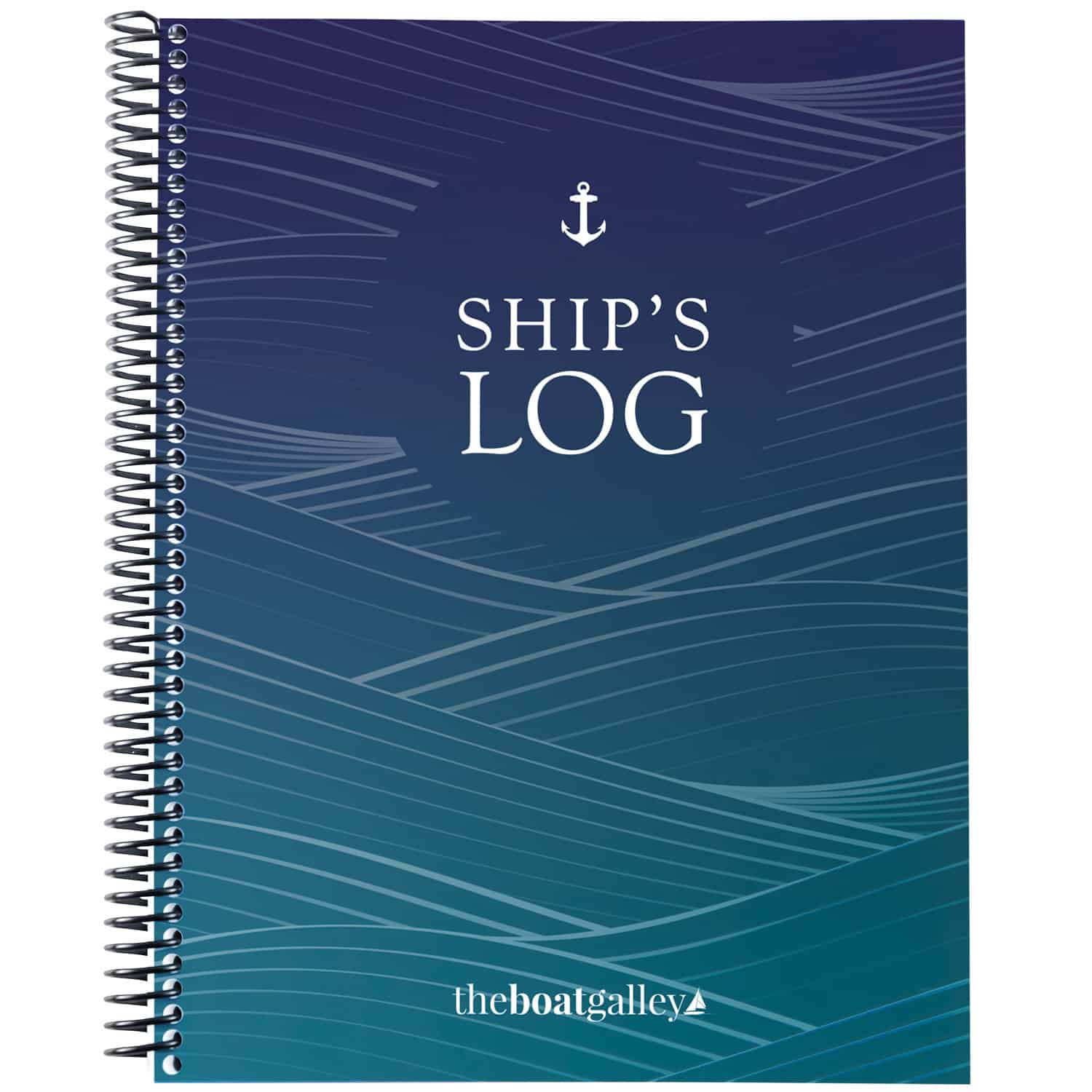
Leave a Reply